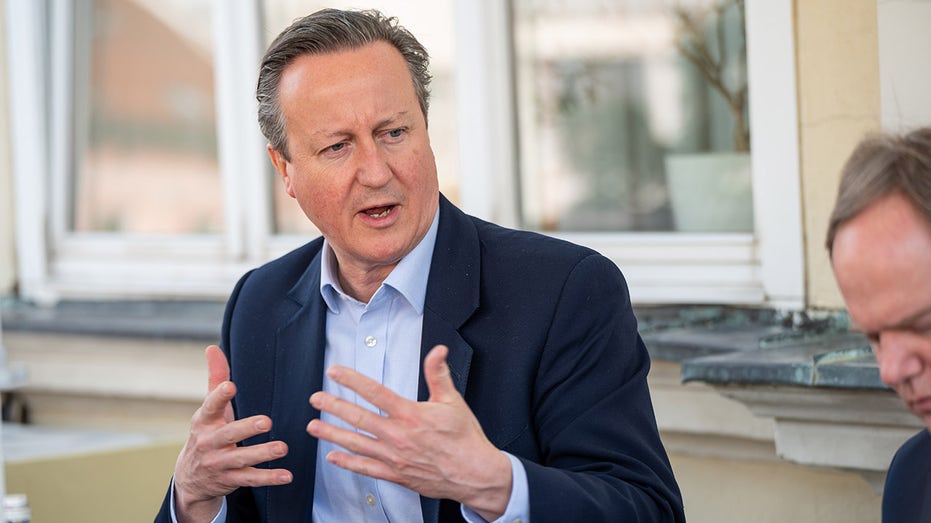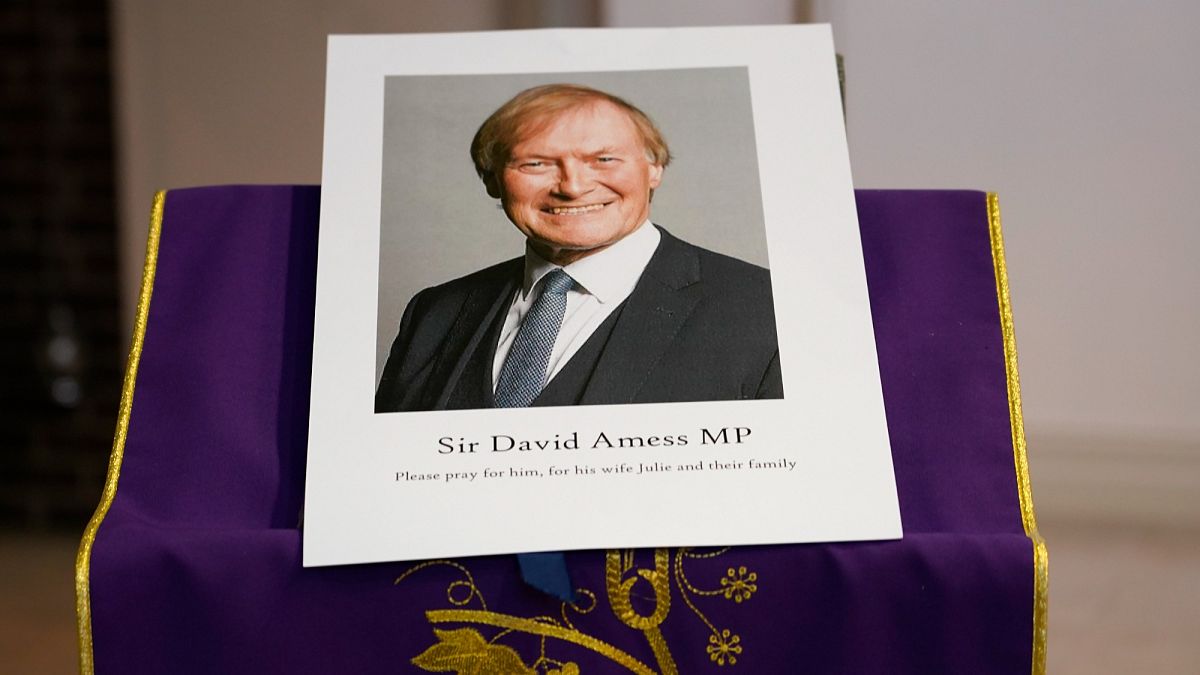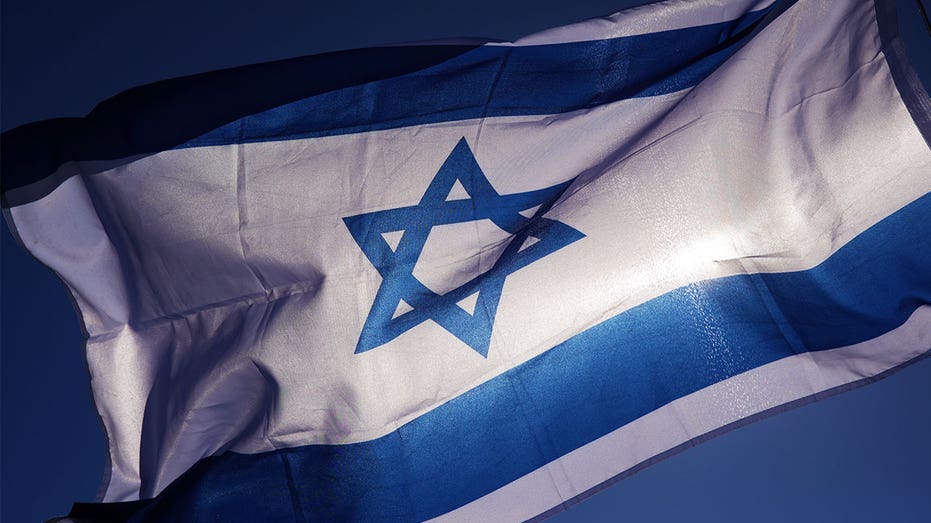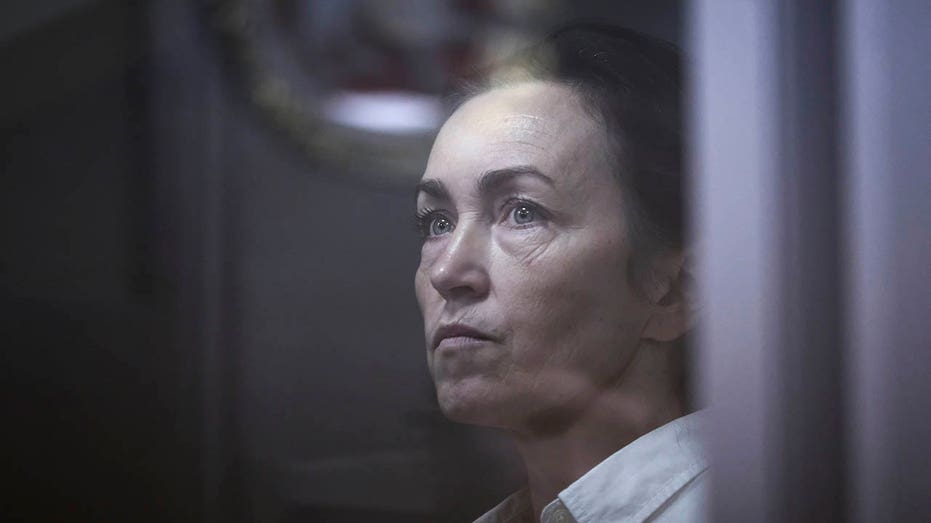Russia threatens strikes on British military installations, plans nuclear drills after Cameron's remarks
Russian foreign and defense ministries warned of strikes against British military installations after U.K. Foreign Secretary David Cameron's comments.

Russia has threatened strikes on British military installations in "Ukraine and beyond" and plans nuclear drills in response to remarks by U.K. Foreign Secretary David Cameron and other Western officials.
Moscow summoned British ambassador to the Russian Federation Nigel Casey in "strong protest" to Cameron’s recent interview with Reuters "about Ukraine’s right to strike Russian territory using British weapons," the Russian Foreign Ministry said in a statement released on Monday.
"Casey firmly pointed out that D. Cameron's hostile attack directly contradicts the previously sounded assurances of the British side when transferring long-range cruise missiles to the Kyiv regime, that under no circumstances would they be used on Russian territory," the statement continued. "Thus, the head of the Foreign Office disavowed this position, de facto recognizing his country as a party to the conflict."
The ministry said that the Russian side "views D. Cameron's words as evidence of a serious escalation and confirmation of London's increasing involvement in military operations on the side of Kyiv."
US ARMY SOLDIER DETAINED IN RUSSIA, CHARGED WITH CRIMINAL MISCONDUCT: OFFICIALS
"N. Casey was warned that the response to Ukrainian strikes using British weapons on Russian territory could be any British military facilities and equipment on the territory of Ukraine and beyond," the ministry said. "The Ambassador was called upon to think about the inevitable catastrophic consequences of such hostile steps from London and to immediately refute in the most decisive and unequivocal manner the bellicose provocative statements of the head of the Foreign Office."
The remarks came on the eve of Russian President Vladimir Putin’s inauguration to a fifth term in office and in a week when Moscow on Thursday will celebrate Victory Day, its most important secular holiday, marking its defeat of Nazi Germany in World War II.
Drills simulating the use of battlefield nuclear weapons come in response to "provocative statements and threats of certain Western officials regarding the Russian Federation," Russia's Defense Ministry also said in a statement. It was the first time Russia has publicly announced drills involving tactical nuclear weapons, although its strategic nuclear forces regularly hold exercises, according to the Associated Press.
Tactical nuclear weapons include air bombs, warheads for short-range missiles and artillery munitions and are meant for use on a battlefield. They are less powerful than the strategic weapons — massive warheads that arm intercontinental ballistic missiles and are intended to obliterate entire cities.
U.N. spokesman Stephane Dujarric expressed concern that various parties have been talking about issues regarding nuclear weapons more and more recently.
"Current nuclear risks are at an alarmingly high level," Dujarric said. "All actions that could lead to miscalculation, escalation with catastrophic consequences, must be avoided."
RUSSIAN JOURNALIST CHARGED WITH 'JUSTIFYING TERRORISM' OVER YEARS-OLD TELEGRAM POSTS
The Russian announcement was a warning to Ukraine’s Western allies about becoming more deeply engaged in the 2-year-old war, where the Kremlin's forces have gained an upper hand amid Ukraine's shortage of manpower and weapons. Some of Ukraine’s Western partners have previously expressed concern that the conflict could spill beyond Ukraine into a war between NATO and Russia.
French President Emmanuel Macron repeated last week that he does not exclude sending troops to Ukraine, and Cameron said Kyiv’s forces will be able to use British long-range weapons to strike targets inside Russia. Some other NATO countries providing weapons to Kyiv have balked at that possibility.
"Ukraine has that right. Just as Russia is striking inside Ukraine, you can quite understand why Ukraine feels the need to make sure it's defending itself," Cameron told Reuters last week.
The Kremlin branded those comments as dangerous, heightening tension between Russia and NATO. The war already has placed significant strain on relations between Moscow and the West.
Kremlin spokesman Dmitry Peskov said Monday that Macron’s recent statement and other remarks by British and U.S. officials had prompted the nuclear drills.
"It’s a new round of escalation," Peskov said, referring to what the Kremlin regarded as provocative statements. "It’s unprecedented and requires special attention and special measures."
Russia’s Foreign Ministry also summoned France's ambassador.
The Associated Press contributed to this report.
What's Your Reaction?
















